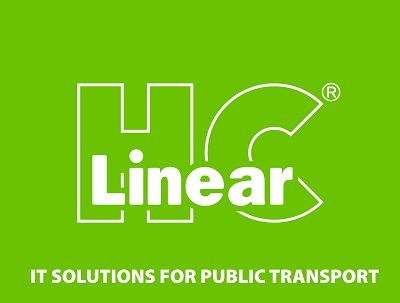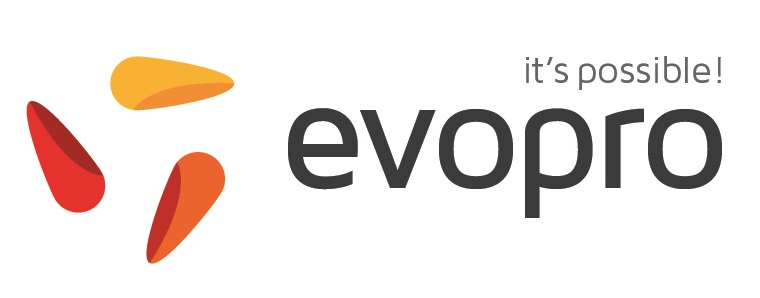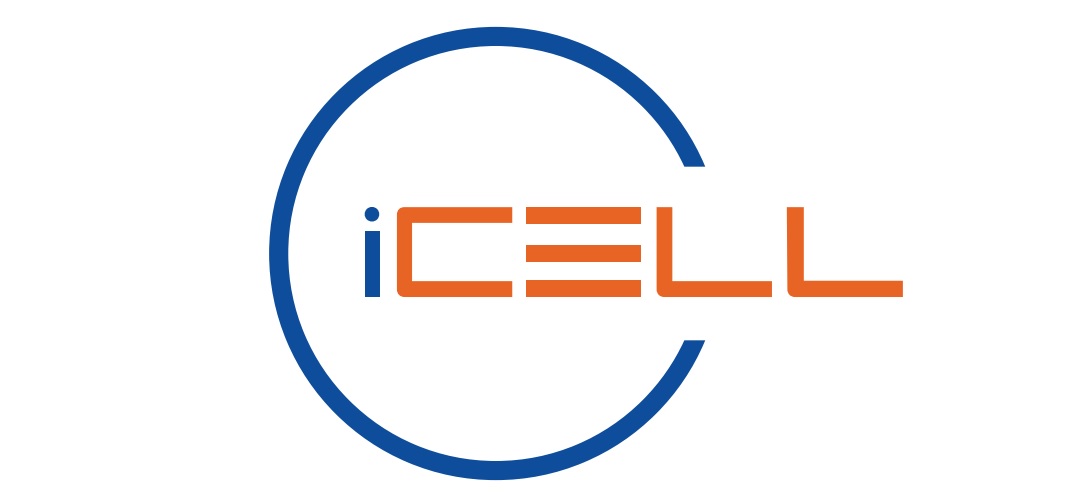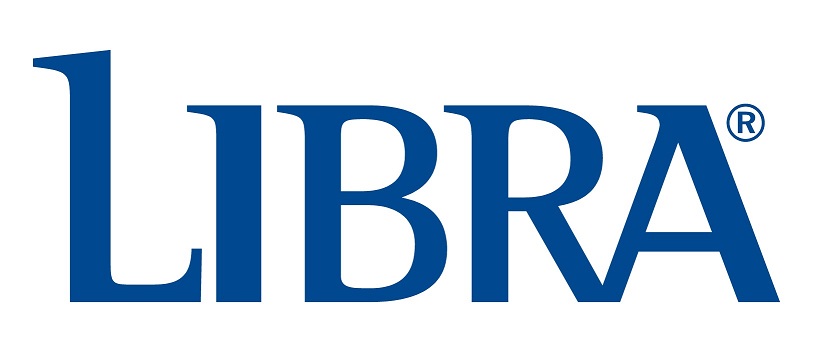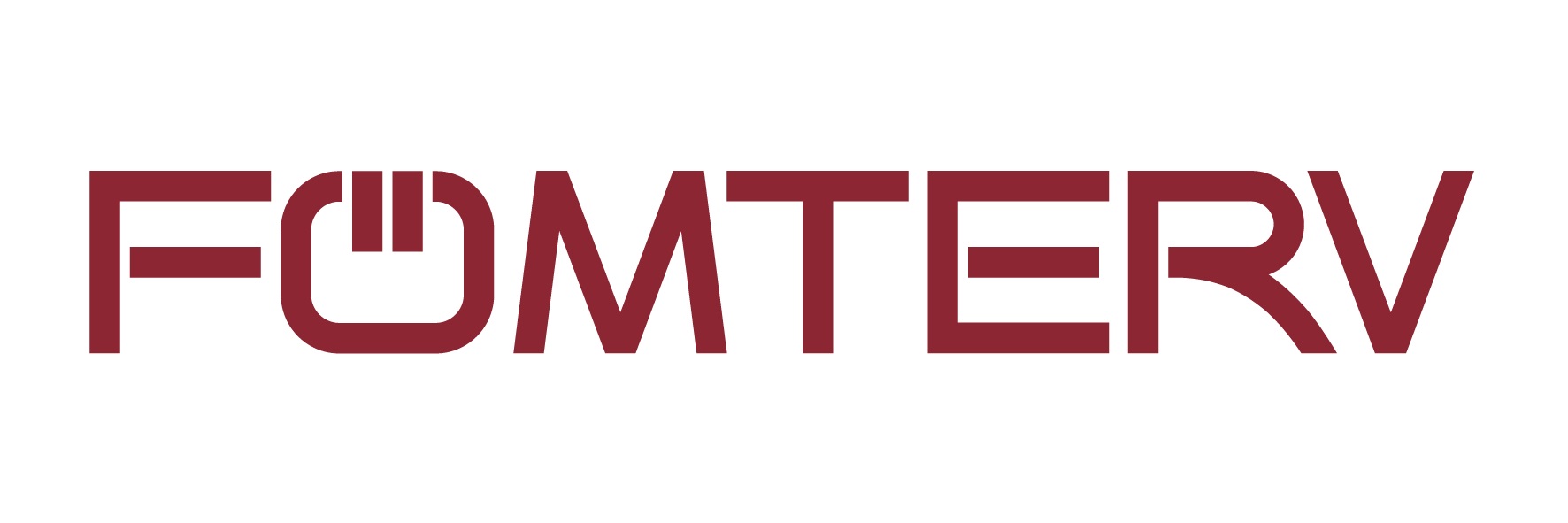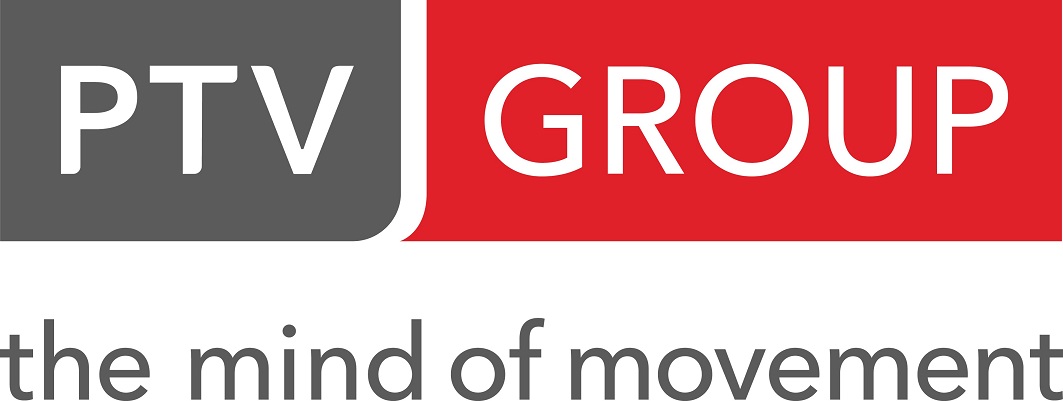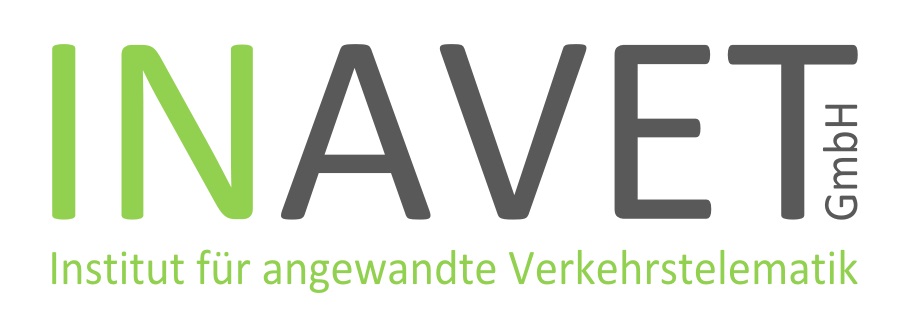Program
The preliminary program of the conference can be downloaded (updated: 31.05.2015).
Presentations should be ca. 20 minutes long, which will be followed by a 10 minutes discussion part.
Technical visits (e.g. traffic management centre of Budapest) and tutorials will be prepared. For both evenings of the conference glamorous dinner events will be organised in one of the fanciest locations of Budapest. The participants will also have the opportunity to visit the city of Budapest with a very special mean of transport.
If you want to attend a technical visit, please go to 'My account - edit", and choose a visit.
Technical visits:
BKK traffic management center visit:
BKK (Centre for Budapest Transport) was established in 2010 as the new integrated transport-organizing authority of Budapest within a new city management framework. BKK integrates the management of public transport, cycling, road transport and infrastructure, parking, taxi services and transport development projects. The traffic management center was modernized in 2014 and now it is working with 32 dispatchers in an integrated way. 2295 vehicles and 280 stops are equipped with the newest technologies, which can be controlled from the traffic management center, enabling the transmission of dynamic passenger information, instant notification of traffic disruptions and monitoring of timetable deviances.

Simulator lab visit:
The Audi TT test vehicle was used as the foundation for the driver’s cabin of the simulator. One can change the operational mode between simulator and normal vehicle, thus the real-life driving situations can be simulated with this equipment. This is a particularly useful resource for the development of drive train components of the vehicle.
The flight simulator is a fixed-base, full cockpit, A320/B737 hybrid flight simulator for research in flight models, control algorithms, human-machine interfaces and workload investigations. It was developed and built in 2002 by former students and staff of department and modernized in 2010, when all hardware and software were changed. During the visit a short introduction flight will be performed during which the visitors can see the virtual Budapest from above, and after that some adventurous can try land in it.
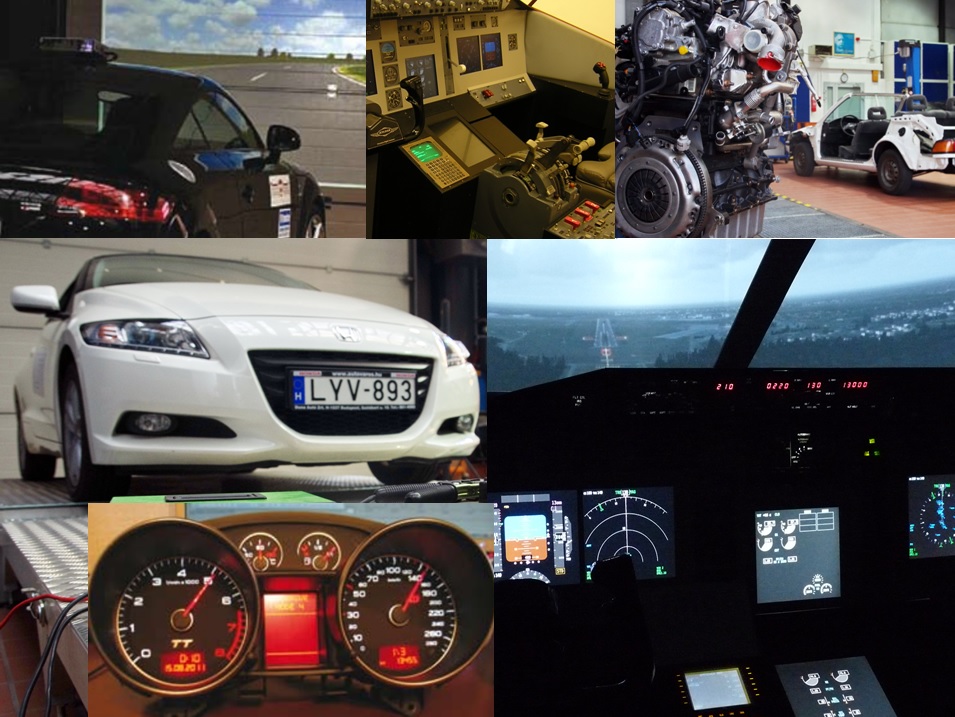
Traffic lab visit:
In the traffic laboratories of the Faculty an overview of Siemens Scala Client will be presented, which has a direct online connection to Budapest Traffic Control Center). The intelligent signal head concept for traffic control, and an example with PLC controlled signal heads will be showed. Also a Java based traffic controller using Swarco Actros and some functionalities of Variable Message Signs (LED) will be presented.
Some vehicle mechatronics laboratory projects will be presented and an overview of Bosch-BME autonomous electric mobile platform will be shown. Furthermore Bosch-BME Connected Car will be demonstrated.
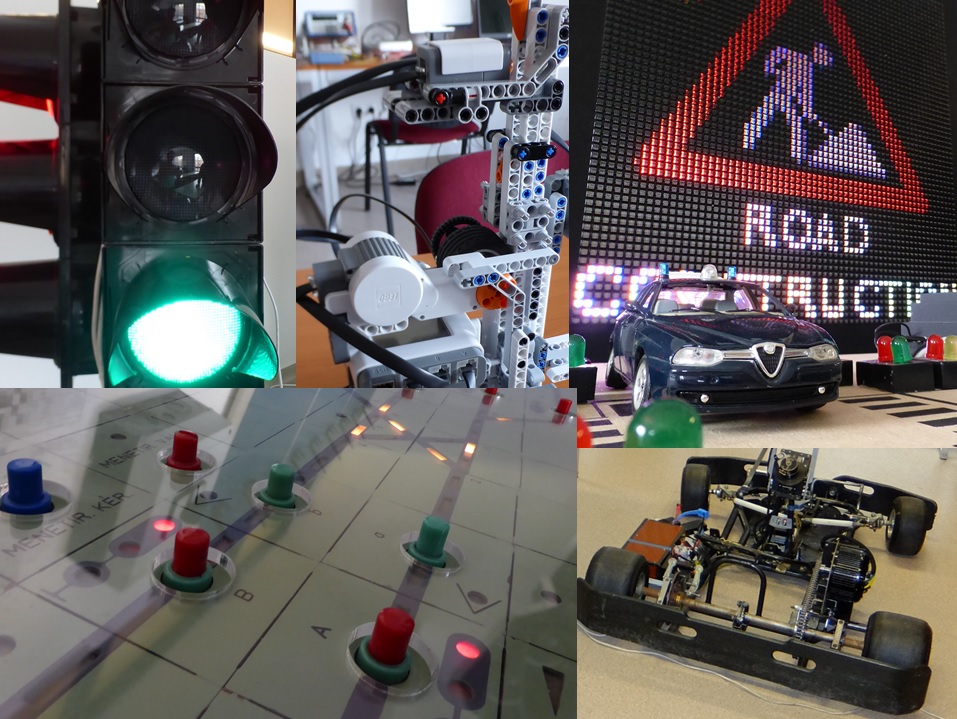
Social events:
Gala dinner – Danube palace:
On the other evening we will visit a precious palace in the ancient city center, nearby the Chain bridge, St. Stephen's Basilica and the headquarter of Hungarian Academy of Science. The prideful neobaroque building has been opened in 1897 as Officer Casino. According to the social requirements of the upper class the palace possesses rooms with imposing extents.

Conference dinner – panorama boat trip:
A 3 hour panorama boat trip starting from Gellért port (ca. 200 m from the hotel) will be organized. All you can eat buffet will be provided with 3 drinks included. During the dinner the ship sails on the river Danube along the most famous sights of Budapest, as Gellért Hill, Buda Castle, Parliament, Chain Bridge and Margaret Island. It is possible to enter the deck of the ship and enjoy the panorama of Budapest during sunset.

Topics of the conference:
- Urban traffic modelling and public transport planning
- Model calibration, simulation and tools for ITS
- Case studies and assessment of ITS applications
- Estimation and prediction of traffic state and travel times
- Impact of traveller advisory and information systems
- Route choice, guidance and traffic assignment
- Integrated traffic management approaches
- Electronic payment operations
- Methods for real time traffic control
- Management of intelligent rail transport systems
- Potential of comprehensive multi-modal systems
- Floating car data (FCD) and floating passenger data
- Parking management
- Timetable optimization
- Air and water traffic management
- Urban logistics and optimization of logistics processes


